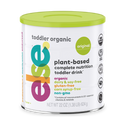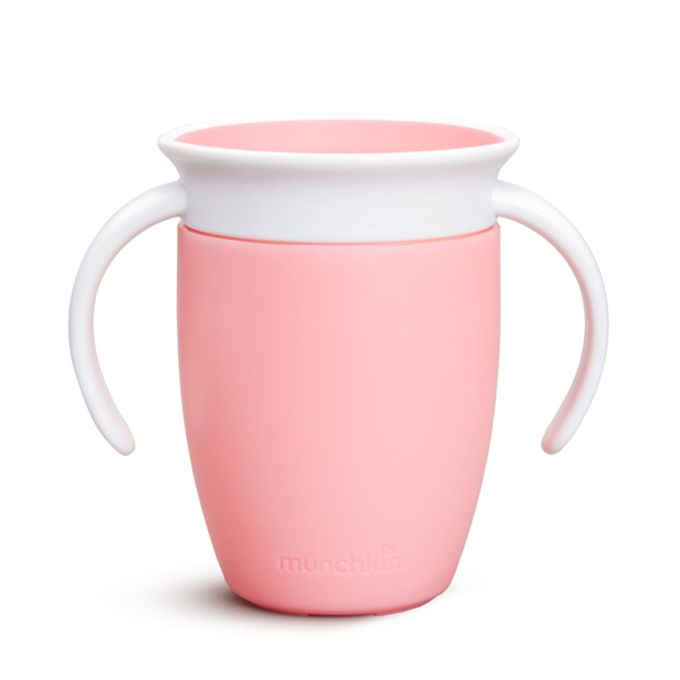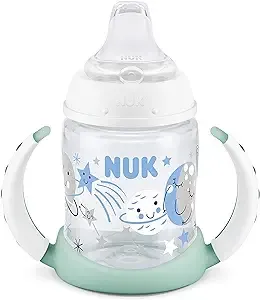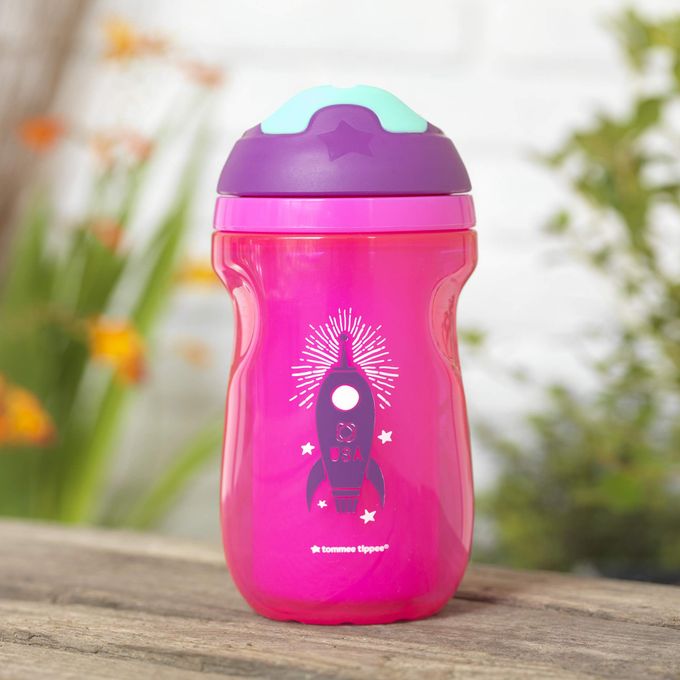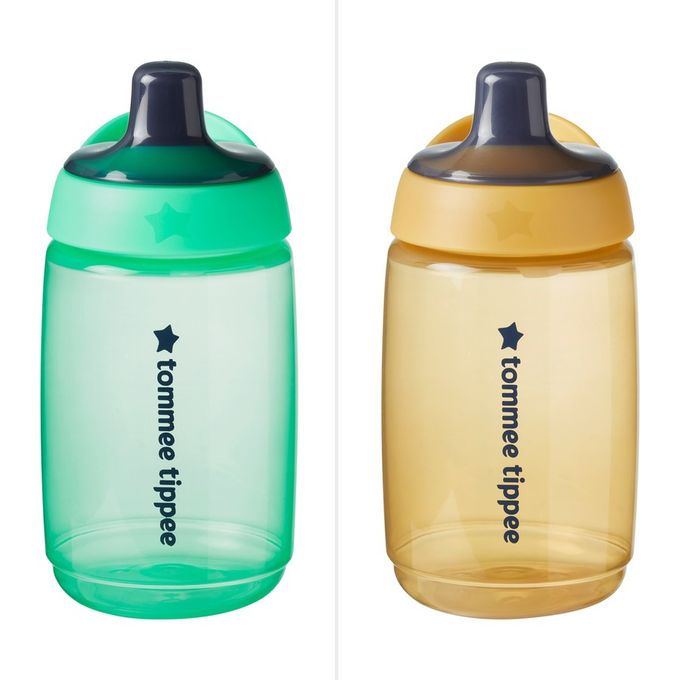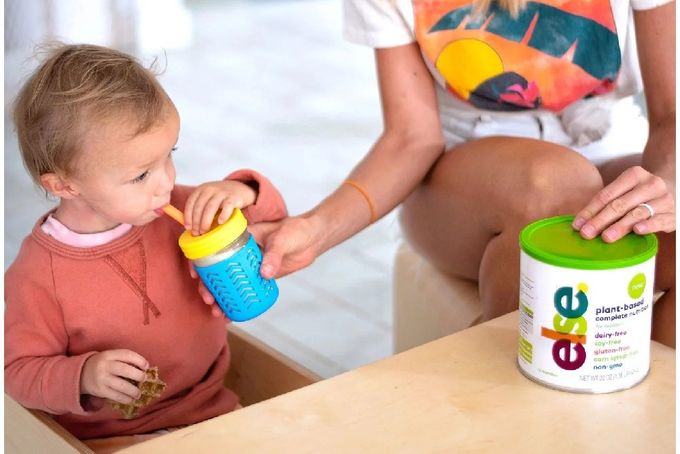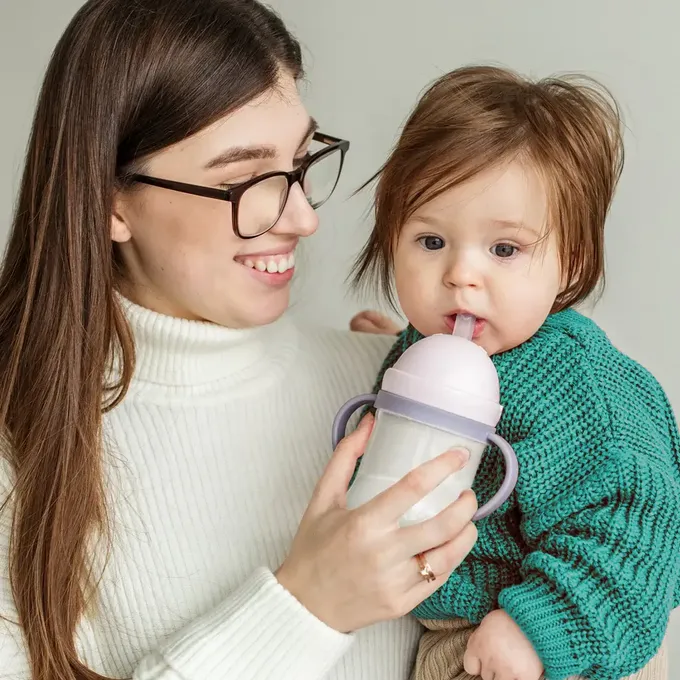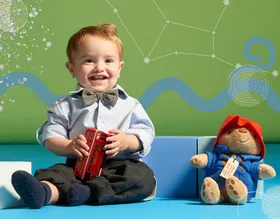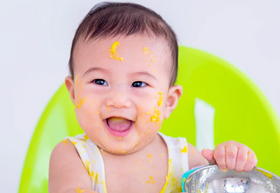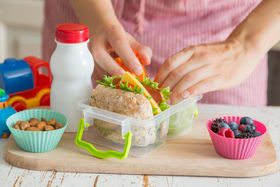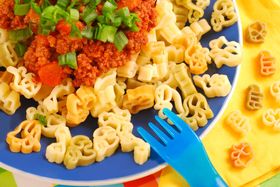5 Best Toddler Sippy Cups for Easy Transition from Bottle to Cup
Updated April 23, 2024
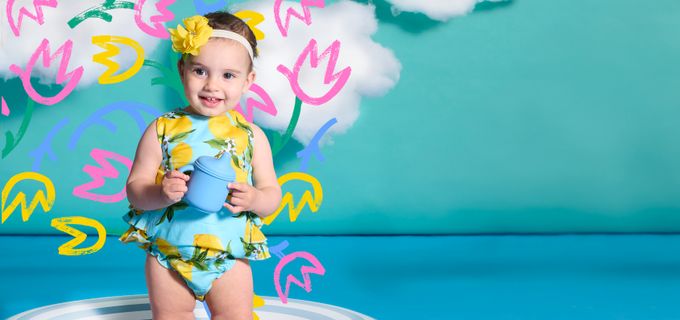
Are you searching for the ideal toddler sippy cups to ease the transition from bottle to cup? Finding the perfect option that balances ease of use, cleaning, and child-friendly design is crucial. This article reviews the best toddler sippy cups on the market, helping you select a cup that supports your toddler’s drinking journey and simplifies maintenance for you.
Overview of Premier Sippy Cups
When it comes to sippy cups, there’s a whole palette of options to splash into. From the innovative, spill-proof designs to the ergonomic handles made just right for tiny hands, each cup has its own flair:
1. Best for Training: Munchkin Miracle 360° Trainer Sippy Cup
2. Best for Transitioning Drinkers: NUK Learner Cup
3. Best Insulated Option: Tommee Tippee Insulated Sipper Cup
4. Best for Active Toddlers: Tommee Tippee Sportee Bottle
5. Best for Versatility: Training Cups
Let’s dive in and explore each one, finding the cup that will hold not just your toddler’s drinks but also their heart.
1. Best for Training: Munchkin Miracle 360° Trainer Sippy Cup with Handles
Specifications:
Capacity: 7 ounces
Top rack dishwasher-safe
Pros
- Drink from anywhere around the rim, similar to a regular cup
- Handles are ideal for little hands to grip
- Spoutless design is dentist-recommended
Cons
- Multiple parts can make cleaning a challenge
The Munchkin Miracle 360° Trainer Sippy Cup is a revolutionary leap forward in toddler cup technology. Picture your little one sipping with confidence from any side of this sippy cup’s rim, just like a traditional cup—no spouts, no straw, no problem.
The addition of handles makes this a perfect cup for those just starting on their cup-drinking journey. It’s like training wheels for cups, providing the support they need with the freedom they crave.
However, painting outside the lines is where innovation can get messy—literally. The unique design, while splendid for training, comes with its own set of cleaning quirks due to the multiple parts. But for those who don’t mind a bit of extra scrubbing, the developmental benefits may just outweigh the inconvenience of cleaning.
Rating:
Ease of Use: 5/5
Cleaning: 3/5
Durability: 4/5
Overall: 4/5
2. Best for Transitioning Drinkers: NUK Learner Cup
Specifications:
Soft spout for gentle sipping on a spoutless cup
Anti-slip handles
Pros
- Gentle on gums, perfect for teething toddlers
- Leak-free design ensures a mess-free experience
- Easy for little hands to hold
Cons
- Low flow rate can be frustrating for some toddlers
The NUK Learner Cup is the gentle giant in the sippy cup world. Its features include:
Soft spout that is like a soothing balm for teething gums
Comforting choice for breastfed babies transitioning to cup drinking
Anti-slip handles to ensure a firm grip on the beverage
Yet, in the quest for the perfect transition, some may find the low flow rate a bit like sipping through a tiny straw—potentially challenging for those tiny tots eager for a gulp rather than a gentle sip. It’s a balancing act between controlling spills and satisfying thirst, but for patient little sippers, this cup could be just the right speed.
Rating:
Comfort: 5/5
Leak-Proof: 4/5
Flow Rate: 3/5
Overall: 4/5
3. Best Insulated Option: Tommee Tippee Insulated Sipper Cup
Specifications:
Insulated to keep drinks cool
Leak-proof valve design
‘Rim-like’ hard spout
Pros
- Keeps drinks cool, ideal for summer days
- No spills, no mess, no stress
- Mouth-friendly spout for toddlers
Cons
- Not as leak-proof as some would prefer
Imagine a sippy cup that can tag along on sunny park days, keeping your toddler’s drink as cool as their imagination. The Tommee Tippee Insulated Sipper Cup is that trusty companion, armored with insulation to beat the heat. The ingenious leak-proof valve design means you can toss it into your bag without a second thought about spills or stains.
While it promises to be a fortress against leaks, some parents might find a few droplets escaping during their little one’s sipping escapades. Nevertheless, the ‘rim-like’ spout offers a more natural drinking experience, making it an excellent choice for those sunny adventures or just a day out in the garden.
Rating:
Insulation: 5/5
Leak-Proof: 4/5
Child-Friendly Design: 4/5
Overall: 4.5/5
4. Best for Active Toddlers: Tommee Tippee Sportee Bottle
Specifications:
Durable design for active use
Easy-to-grip ridges
Interchangeable lids
Pros
- Withstands the energy of active toddlers
- Comfortable and easy for toddlers to hold
- Automatic sport cap helps prevent leaks
Cons
- Four-part construction can be tricky to clean
The Tommee Tippee Sportee Bottle is the rugged off-roader of the sippy cup world, akin to the 12oz Grip-N-Gulp Kids Water Bottle priced at $5.99, which is also designed for the active toddler. It’s built to endure the marathon of toddlerhood, from the playground to the backyard and everywhere in between.
The easy-to-grip ridges act like little tread marks, giving your toddler the control they need to navigate their hydration needs without a slip or a spill in sight.
But even the sturdiest of vehicles need maintenance, and the Sportee Bottle’s four-part design does call for a pit stop now and then for a thorough clean. It’s a small trade-off for a cup that can keep pace with the most dynamic of toddlers and their never-ending energy reserves.
Rating:
Durability: 5/5
Ease of Use: 4/5
Cleaning: 3/5
Overall: 4/5
5. Best for Versatility: Training Cups
Specifications:
Range of spout types
Features tailored to different developmental stages Pros:
Adaptable to the changing needs of growing toddlers
Options from soft spouts to cup-like edges Cons:
Quality and features can vary significantly between brands
The charm of toddler cups lies in their chameleon-like ability to adapt. From soft, gum-friendly spouts for the littlest learners to sturdier cup-like edges for the more seasoned sippers, training cups are the multi-tool in your toddler’s drinking kit. They’re the perfect cup for parents looking to invest in a versatile solution that evolves with their child’s development.
With such diversity, though, comes the need for discernment. The vast array of brands and designs means that parents must don their detective hats to find the training cup that hits the mark in terms of quality and features. But once you do, it’s like finding the missing piece of a puzzle—the perfect fit for your toddler’s ever-changing needs.
Rating:
Versatility: 5/5
Quality: Varies
Adaptability: 5/5
Overall: Varies
Choosing the Right Sippy Cup for Your Toddler
As the curator of your child’s first drinking experience, selecting the right sippy cup can feel like choosing the right paint for a masterpiece. It’s not just about the color—or, in this case, the design—but about the quality and suitability to the canvas, which is your child’s development.
When navigating this gallery of choices, it’s essential to consider factors like material, design, and the ease of cleaning that align with your lifestyle and your little one’s needs.
Material Matters
When it comes to materials, think of your toddler’s sippy cup as their first dining set—a collection that needs to be safe, durable, and easy to handle. Stainless steel and silicone stand out as the gold standard, free from BPA and other potentially harmful chemicals. These materials don’t just keep your peace of mind intact; they’re also kind to Mother Earth.
While plastic cups like the NUK Learner Cup and Tommee Tippee Insulated Sipper Tumbler do boast BPA-free credentials, some parents still raise an eyebrow over the safety of BPA-free plastic, no matter how colorful or convenient it might be.
Design and Functionality
The design of a sippy cup isn’t just about aesthetics; it’s about ensuring your child’s oral development is on the right trajectory.
Spoutless cups, like the Munchkin Miracle 360°, are often lauded by dentists for supporting healthy oral and muscle development. However, some designs might require your child to tilt their head back, akin to peering up at a rainbow, which could lead to improper drinking techniques.
Speech-language pathologists give the nod to cups with silicone spouts or edges, like some training cups and straw cup options, that are gentle on the mouth and supportive of natural drinking habits. Specifically, straw cups are recommended for their ability to support natural drinking habits without requiring the child to tilt their head, making them gentle on the mouth and conducive to proper oral development.
Cleaning and Maintenance
Ever tried to clean a masterpiece after a toddler has had their way with it? The less complex the design, the easier it is to restore it to its original glory. The same goes for sippy cups. Models with fewer parts, like some training cups, make the cleaning process less of a chore and more of a breeze.
The Tommee Tippee range, despite its many virtues, has had parents grappling with mold in the valve system, prompting a redesign for easier maintenance.
A cup that’s a dream to clean can often be the unsung hero in a parent’s busy day-to-day life.
Else Toddler Formula in Whichever Toddler Sippy Cup You choose
Introducing Else Nutrition Toddler Formula into your little one's sippy cup routine marks a significant step towards providing balanced nutrition tailored to their growing needs. Crafted with plant-based goodness, this formula offers a gentle alternative for toddlers who may have dietary restrictions or preferences.
Packed with essential vitamins, minerals, and key nutrients like protein and healthy fats, Else Nutrition Toddler Formula ensures your child receives the nourishment they require for optimal growth and development. Plus, its convenient powdered form makes it easy to prepare and serve in their favorite sippy cup, allowing for fuss-free feeding wherever you go. With Else Nutrition, you can feel confident knowing your toddler is getting the nutrition they need to thrive, one sip at a time.
Summary
As we conclude this artistic journey, it’s clear that the right sippy cup, like the right brush, can make all the difference in the world of a toddler. Whether it’s the Munchkin Miracle for those first tentative strokes, the NUK Learner Cup for gentle transitions, the Tommee Tippee range for active days and cool sips, or the versatile Training Cups that grow with your child, there’s a sippy masterpiece out there for every little one.
And when filled with Else Toddler Formula, you’re not just quenching thirst but nourishing a growing body and mind.
So, as you stand before the gallery of options, remember that the best sippy cup is not just about the features; it’s about the fit—it’s the one that aligns with your child’s development, your lifestyle, and your peace of mind. Choose wisely, and watch your little one’s independence flourish, one sip at a time.
Frequently Asked Questions
Are spoutless sippy cups better for my child's oral development?
Yes, spoutless cups like the Munchkin Miracle 360° are recommended by dentists as they promote healthy oral and muscle development without affecting the child's natural drinking technique. So, they can be better for your child's oral development.
Can the NUK Learner Cup's low flow rate be adjusted for my child?
If your child finds the NUK Learner Cup's low flow rate frustrating, consider looking for a cup with a faster flow rate or an adjustable valve to better suit their needs.
Is it worth investing in an insulated sippy cup?
Yes, investing in an insulated sippy cup can be worth it, especially if you spend time outdoors or live in a warm climate. The Tommee Tippee Insulated Sipper Cup is a good option for keeping drinks cool.
How often should I replace my toddler's sippy cup?
You should replace your toddler's sippy cup if you notice any damage, wear, or mold. Just regularly check and clean it to make it last longer.
Are training cups suitable for very young toddlers?
Yes, training cups are suitable for very young toddlers, as they come in various designs with soft spouts and handles to match your child's needs. Choose one that accommodates your child's stage of development.
The content and advice provided in this article is for informational purposes only and is not a substitute for medical diagnosis, treatment, advice for specific medical conditions. Always consult a pediatrician to understand the individual needs of your child. The article expresses the views of the brand editor.




